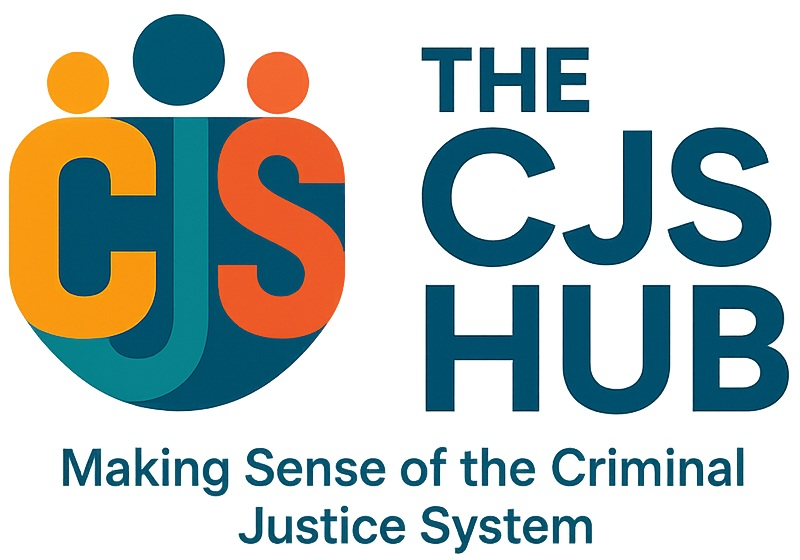| Anger | Autism | Confusion | Depression |
| Exercise | Fear | Mental Health | Physical Health |
| Shame | Sleep | Stress | Supporting A Loved One |
Stress lands in the body. Shoulders tense, sleep goes off, energy dips, thinking gets foggy. Gentle, regular movement helps settle the system. You don’t need a gym or special kit. The aim is to move most days, a little more than yesterday, in a way that’s safe and doable alongside appointments, hearings, visits or supervision.
Start small and keep it regular. A brisk ten-minute walk, a few flights of stairs, or a short stretch when the kettle boils all count. If you’re waiting around at court, outside a probation office, or before a visit, use the time to walk a loop. If motivation is low, put movement in your diary at a set time and treat it like any other appointment. Action first, mood follows.
Choose simple routines you can repeat anywhere. March on the spot, slow squats to a chair, wall press-ups, calf raises while you brush your teeth, gentle neck and shoulder rolls. If space is tight, pick seated options and slow breathing to bring your heart rate down after a stressful call or meeting. If you’re on unpaid work, use the warm-up and breaks to move safely and drink water so you don’t flag. If you’re visiting someone in prison, arrive ten minutes early and take a short walk outside before you go in to steady your nerves.
Link movement to daily triggers so it sticks. After you wake, stretch for two minutes. After lunch, take a quick walk round the block. After your admin window, do a short bodyweight routine. Keeping it the same each day makes it automatic and frees up headspace.
Look after the basics around exercise. Eat regular meals so you’ve got the fuel to move. Keep a bottle of water handy. Caffeine is fine in the morning but can unsettle sleep if taken late. If you’re struggling to sleep, try a calm, light stretch in the early evening and keep late-night screens low. If you have a health condition, pain, or you’re on medication, check with your GP before you push on; start easy and build slowly.
Use movement to manage strong feelings. Anger often softens after a brisk walk and a long exhale. Worry quietens when your attention is on steady breathing and slow, controlled movement. After stressful events — a hearing, a tough meeting, a visit — give yourself a few minutes to move and reset before you dive back into the day.
Keep score in simple ways so you see progress. Note the minutes you moved, the steps you took, or how many times you paused to stretch. Small wins add up. If you miss a day, start again tomorrow without judgement. Consistency beats intensity.
If pain, dizziness, chest symptoms or breathlessness worry you, stop and speak to a healthcare professional. If low mood or anxiety are making it hard to get started, ask your GP about local support; a short, supported programme can help you build a safe routine.
Steady movement is a practical tool you can carry through investigation, court, supervision and beyond. Keep it simple, keep it regular, and let it support your sleep, mood and thinking.
If you have any questions then contact us using the link below.
This page gives general information only. It is not legal advice.
